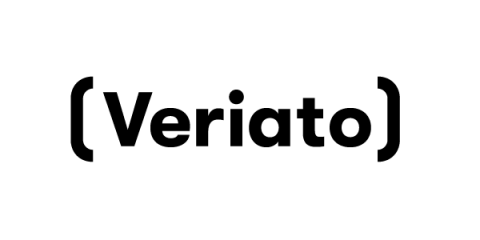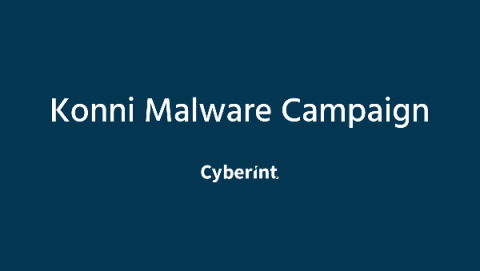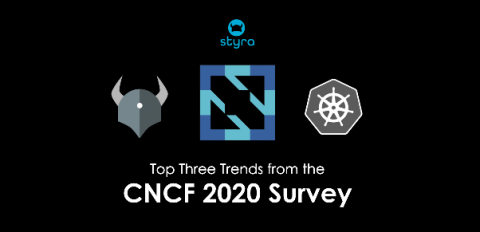Security | Threat Detection | Cyberattacks | DevSecOps | Compliance
%term
How Organizations Can Fight to Retain Talent Amidst the Infosec Skills Gap
In a previous post, I shared some expert insight into how organizations can address the challenges of hiring skilled talent despite the ongoing infosec skills gap. Organizations can’t rest easy once they’ve brought on new talent, however. They need to make sure they hold onto their existing workforce. That’s easier said than done. Cybersecurity Ventures forecasted that a total of 3.5 million infosec-positions will be unfilled in 2021.
Weekly Cyber Security News 20/03/2020
A selection of this week’s more interesting vulnerability disclosures and cyber security news. For a daily selection see our twitter feed at #ionCube24. As many of us resort to working from home, the collaboration services we normally rely on are beginning to suffer. MS Teams, as well as Facebook and WhatsApp are experiencing unusual load. But apart from a the odd glitch things seem to be hanging on for now.
The Business of Protecting Critical Content: Securing Unstructured Data Assets from the Inside-Out
The safety of business content is a top priority for every company. Especially at a time when data breaches and other cyberattacks threaten the stability of our systems, protecting our data is an essential corporate function.
What is Identity and Access Management?
Identity and access management solutions are one of the best friends of your IT department. Keep reading to learn how and why. Identity and access management solutions (also known as the IAM solutions) offer unique and useful technologies for the cyber security professionals to help them control the user access within the limits of their organization. These solutions allow cyber security professionals to manage which user can access which information for how long.
Forensic Software - Getting the Proof You Need
Employees are both the biggest asset of a company and also the biggest risk factor. Forensic software is designed to provide visibility when malicious or incompetent employee behavior is suspected that could present a threat to the company. Trying to gather proof of these issues manually is both time consuming and high risk. If you tip off the staff member, they can cover the tracks, and you may never know what was done.
Focusing on Cybersecurity Policies
If you're a cybersecurity leader with decades of experience in the industry, I am sure you've helped your organization navigate major security issues related to remote working. Technology has evolved drastically across the decades, with new attack surfaces emerging with each shift.
Konni Malware Campaign
Throughout 2019 CyberInt Research observed multiple events related to Konni, remote administration tool, observed in the wild since early 2014. The Konni malware family is potentially linked to APT37, a North-Korean cyber espionage group active since 2012. The group primary victims are South-Korean political organizations, as well as Japan, Vietnam, Russia, Nepal, China, India, Romania, Kuwait, and other parts of the Middle East.
Undetected E02, Fredrik Almroth - Are Bug Bounties a buzzword?
Top trends from the CNCF survey & what it means for enterprises
The results are in! The Cloud Native Computing Foundation (CNCF) seventh annual survey was recently released, showing that cloud-native technologies have become mainstream, and that deployments are maturing and increasing in size. This cloud-native shift means developers can more easily build complex applications, and organizations can deploy and manage these applications more quickly and with more automation than ever before. Don’t have time to read the whole thing? We’re here for you.











